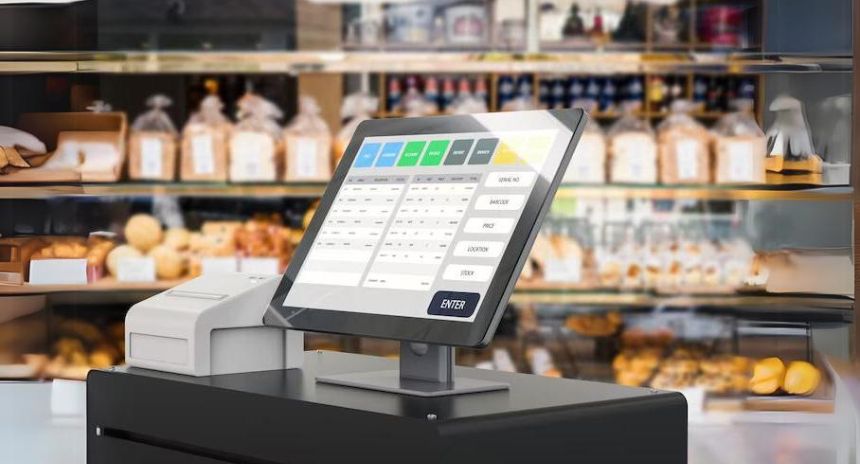
Introduction:
In today’s digital age, cloud-based point of sale (POS) systems has become a game-changer for retail, wholesale, and distribution businesses. These systems offer a range of benefits, including increased efficiency, improved accuracy, and real-time data tracking. In this essay, we will discuss the main components of retail, distribution and wholesale software, as well as the actions to take into account when selecting the best POS software for your business. We will also highlight why cloud-based POS systems are far better than traditional manual systems.
Miracles of cloud-based POS systems for retailers, wholesalers, and distributors:
- Increased Efficiency
Cloud-based POS systems automate routine tasks such as inventory management, billing, and financial reporting, freeing up time for employees to focus on other critical business functions. This results in increased efficiency and productivity.
- Improved Accuracy
Cloud-based POS systems eliminate the risk of human error associated with manual systems. These systems automatically calculate taxes, discounts, and other financial details, ensuring accuracy in every transaction.
- Real-time Data Tracking
Cloud-based POS systems allow businesses to track sales, inventory levels, and customer data in real-time. This enables businesses to make informed decisions quickly and respond promptly to changing market conditions.
Actions to Take into Account When Selecting the Cloud-based POS and retail store Software:
- Identify Your Business Needs
Before selecting a cloud-based POS system, it is essential to identify your business needs carefully. Consider factors such as the size of your business, the number of locations you operate from, the type of products you sell, and your specific business requirements. This will help you select a system that meets your unique needs effectively.
- Evaluate Add-ons and Integrations
Consider whether the cloud-based POS system offers add-ons or integrations that can enhance its functionality further. For example, some systems offer integrations with accounting software or eCommerce platforms that can streamline your operations significantly. Evaluate these features carefully to determine whether they meet your specific requirements effectively.
- Consider User Experience
Select a cloud-based POS system that offers an intuitive user interface that is easy to use for all employees in your business. Consider whether the system offers tutorials or training resources that can help your employees learn how to use it effectively. This will ensure that your employees can use the system efficiently without requiring extensive training or support resources.
- Verify Compliance and Regulation Needs
Ensure that the cloud-based POS system you select meets all relevant compliance and regulation requirements for your industry or location effectively. This will help you avoid any legal or regulatory issues that could impact your business negatively in the future.
Main Components of Cloud-based Point of sale Software for Retailers, Wholesalers, and Distributors
- Sales Management
Cloud-based POS software should allow businesses to manage sales efficiently by providing features such as barcode scanning, customer loyalty programs, and gift card management. It should also enable businesses to process sales quickly and accurately using multiple payment methods such as cash, credit cards, and debit cards.
- Inventory Management
Cloud-based POS software should provide real-time inventory tracking and management features that enable businesses to monitor stock levels accurately. It should also allow businesses to set up alerts when inventory levels fall below a certain threshold to prevent stockouts.
- Financial Reporting
Cloud-based POS software should provide detailed financial reports such as profit and loss statements, balance sheets, and cash flow statements that enable businesses to make informed financial decisions quickly. It should also allow businesses to generate custom reports based on specific criteria such as product categories or time periods.
